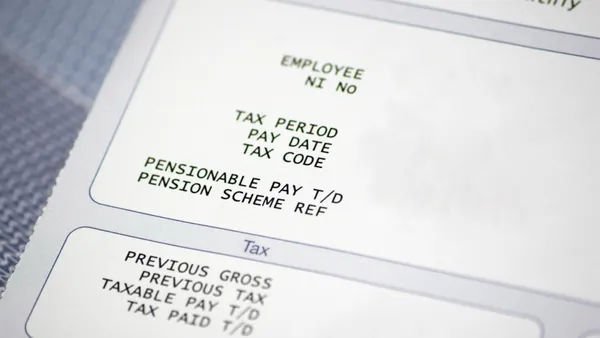Dive Brief:
- A WebMD Health Services survey released Feb. 11 found that working mothers with caregiving duties face isolation, loneliness and stress, and want help from their employers to "help them better manage these issues."
- The survey found that 56% of the working women polled feel lonely and isolated either sometimes or always, compared with 44% of men who reported the same thing. Stress was reported to be highest among millennial caregivers: 76% of millennials with caregiving duties reported medium to very high stress levels, while 63% of non-caregiving millennials said the same thing.
- The most sought-after stress-reduction programs for female respondents included work-at-home options, stress-management initiatives, meditation sessions and pet-friendly work environments. Male respondents favored recreational events for stress reduction.
Dive Insight:
Respondents in the WebMD survey want employers' help with their distress, and they're not alone. Respondents in a Cancer and Careers survey, for example, not only want employers to help workers with serious or chronic health disorders, but also think employers aren't doing enough to help.
In another piece of previous research, respondents said believe that managers can spot distress among workers. More than three quarters of respondents in an Unum survey said they're confident their managers were adequately trained in how to spot employees who may have mental health disorders. Just 16% of HR professionals polled agreed, with 25% saying that managers have such training. While only trained professionals should diagnose health conditions, employers can train managers in spotting distressed workers, whom they can help by providing reasonable accommodations, if necessary, or reminding them about related services, such as employee assistance programs, the company provides.
Along with the mental health problems some workers face is an undo amount of discrimination, according to Kantar's Inclusion Index. In fact, the index showed that bias against workers with mental health disorders is the most common form of workplace discrimination across the globe. Based on this finding, HR leaders will need to monitor bias aimed at workers struggling with mental health issues in much the same way they monitor the workplace for discrimination based on race, gender, age, religion and other protected categories.














